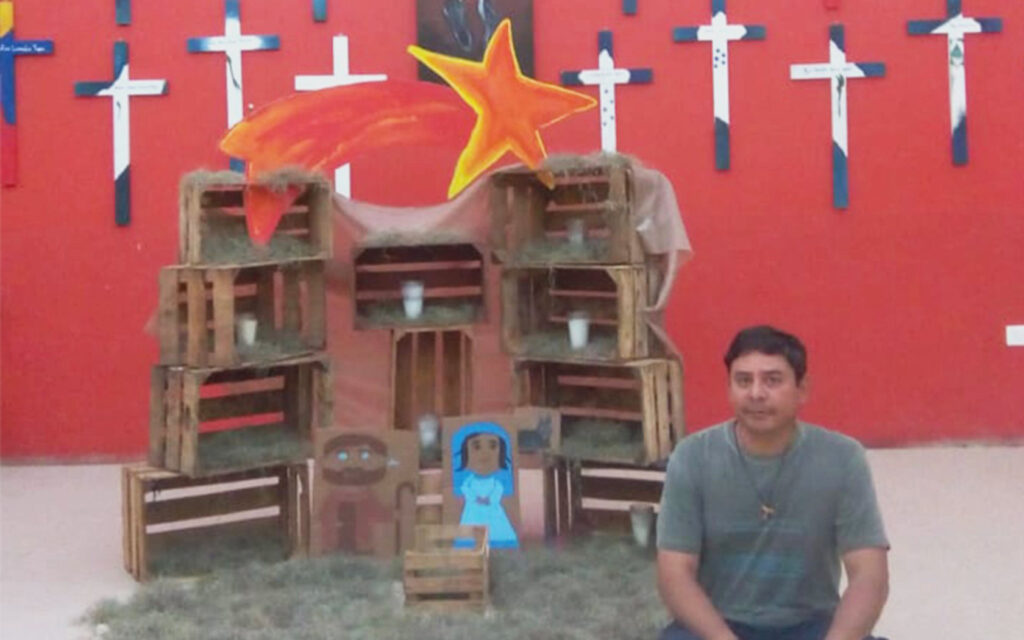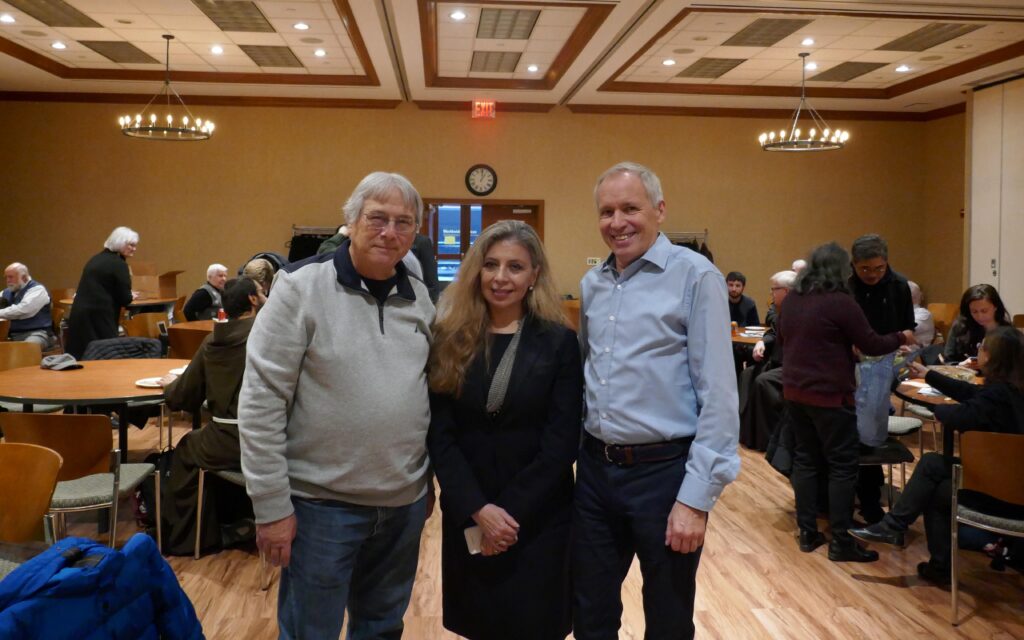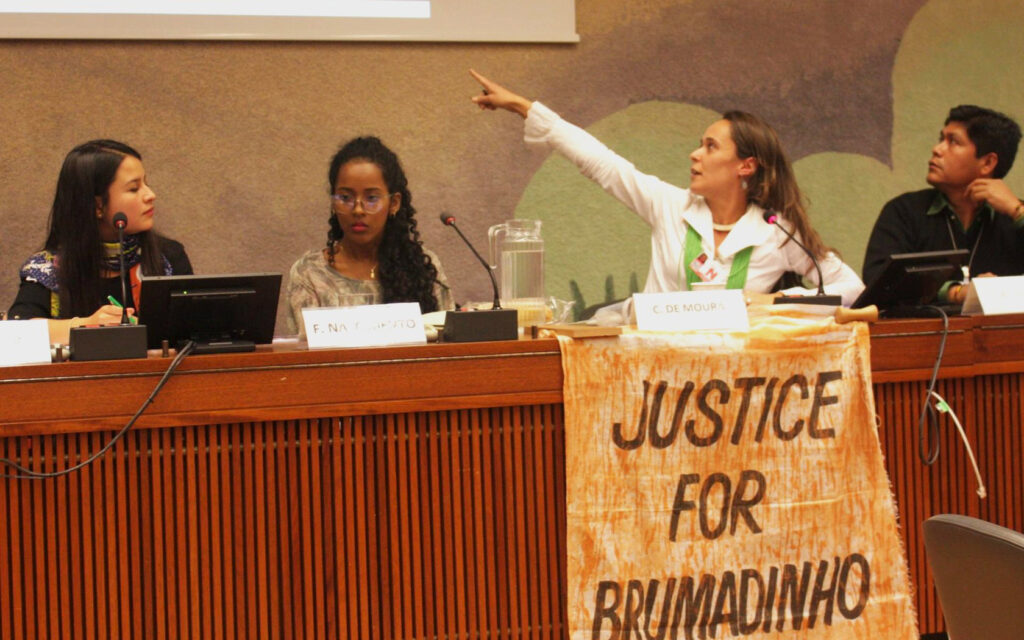In 8 years, the Franciscan “La 72” shelter in Mexico has welcomed over 90.000 migrant feet. Fr René Flores OFM reflects on the uniqueness of all those who visited to find reprieve and a safe haven.
“Feet of tired and trembling migrants, exhausted after a long journey,
Feet of migrants with blisters and blood,
Feet of migrants with shoes torn apart,
Feet of persecuted migrants fleeing to save their lives,
Feet of migrants criminalized by the State,
Feet of migrants who dropped out of school or university,
Feet of migrants eager to reach the North,
Feet of migrants seeking to achieve some rest,
Feet of migrants on the move for the sake of their beloved ones,
Feet of migrants traveling with their families,
Feet of migrants journeying together with other walking feet,
Feet of migrant men, women, children, LGBT community,
Feet of migrants with names and backgrounds,
Feet of migrants ready to walk again and go forward tirelessly,
Feet of migrants, weatherworn, overexposed to the sun and the rain,
Migrant feet of unaccompanied minors,
Migrant feet in need of arriving in a safer place,
Migrant barefoot feet, having nothing else to wear,
Feet of migrants who run and jump to get on the train,
Feet of flesh and bone,
Feet of deported migrants,
Feet of migrants who are walking full of hope,
Feet of Honduran, Salvadoran and Guatemalan migrants,
In 8 years, about 90 thousand migrant feet have stopped at “la 72” before moving on.”
“Pies de migrante cansados, tembloroso y desgastados por el camino
Pies de migrante llagado y sangrando,
Pies de migrante con zapatos destrozados,
Pies de migrante perseguido que huye salvando la vida,
Pies de migrante criminalizado por el Estado,
Pies de migrante que dejaron la escuela y la universidad,
Pies de migrante con prisa de llegar al norte,
Pies de migrante buscando descansar,
Pies de migrante movido por amor a sus seres queridos,
Pies de migrante caminando en familia,
Pies de migrante caminando con otros pies caminantes,
Pies de migrante de hombres, mujeres, menores, de la comunidad LGTB,
Pies de migrante con nombre e historia,
Pies de migrante dispuesto a caminar y seguir sin tregua,
Pies de migrante asoleados y mojados por la lluvia,
Pies de migrante de menores no acompañados,
Pies de migrante necesitado de alcanzar un lugar seguro,
Pies de migrante descalzo por no tener nada más que llevar,
Pies de migrante que corre y salta para subir al tren,
Pies de migrante de carne y hueso,
Pies de migrante deportado,
Pies de migrante caminando con esperanza,
Pies de migrante hondureño, salvadoreño y guatemalteco,
Por “la 72” en 8 años, han pasado unos 90 mil pies migrantes.”
- Fr René Arturo Flores, OFM (Tenosique, December 2018)











